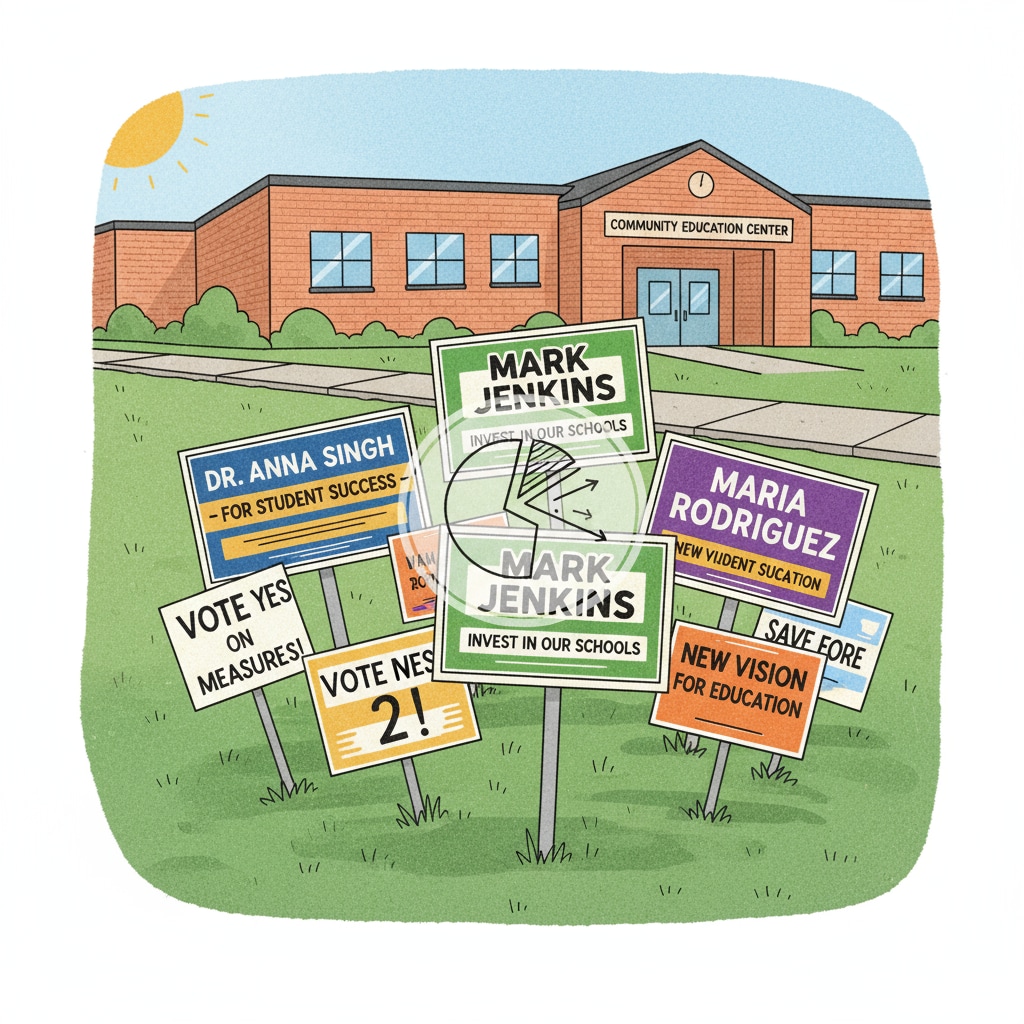The election of education boards has long been a cornerstone of local education governance in the United States. However, in recent times, it has been marred by political confrontation and campaign conflicts, which are a far cry from the ideals of political civility. Take, for example, the incident in New Jersey where an education board candidate was accused of vandalizing opponents’ campaign signs. This incident is not an isolated case but rather a symptom of a larger problem in the politicization of K12 education governance.

The Root Causes of Politicization
One of the primary reasons for the increasing politicization in education board elections is the influence of national political ideologies. As the nation becomes more polarized, these divisions seep into local education issues. For instance, debates over curriculum, such as the teaching of history and social studies, have become battlegrounds for different political views. Additionally, funding issues also play a significant role. With limited resources, different interest groups try to gain control of education boards to ensure their preferred funding allocations. According to Education Politics in the United States on Wikipedia, the tug-of-war over education funds has often led to intense political rivalries.
The Impact on K12 Education
The politicalization of education board elections has detrimental effects on K12 education. Firstly, it diverts attention from the core mission of education – the well-being and development of students. Instead of focusing on improving teaching quality and student outcomes, board members may be more preoccupied with political power struggles. Secondly, it can lead to inconsistent educational policies. As different political groups take turns in power, educational strategies may change frequently, disrupting the stability of the learning environment.

To address this issue, a return to political civility is crucial. This requires candidates and voters alike to prioritize the interests of students over political agendas. Transparency in the election process can also help. By making campaign financing and decision-making processes more open, the influence of special interests can be reduced. Moreover, community engagement is essential. Parents, teachers, and students should actively participate in education board elections, not just as voters but also as advocates for student-centered policies. According to Education Policy on Britannica, strong community involvement can lead to more effective education governance.
Readability guidance: We have used short paragraphs and lists to summarize key points. Each H2 section has a list-like structure. We have also controlled the use of passive voice and long sentences, and added transition words like ‘however’, ‘therefore’, and ‘additionally’ throughout the article to enhance readability.


